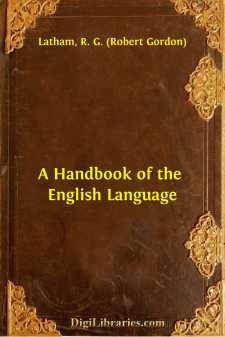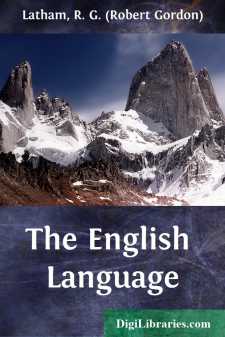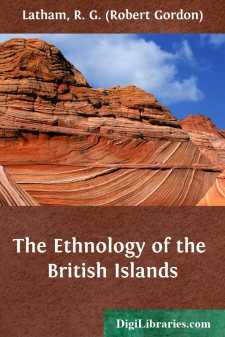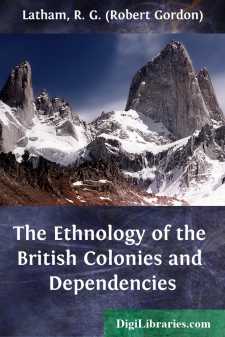Categories
- Antiques & Collectibles 13
- Architecture 36
- Art 48
- Bibles 22
- Biography & Autobiography 815
- Body, Mind & Spirit 144
- Business & Economics 28
- Children's Books 18
- Children's Fiction 14
- Computers 4
- Cooking 94
- Crafts & Hobbies 4
- Drama 346
- Education 58
- Family & Relationships 59
- Fiction 11834
- Games 19
- Gardening 17
- Health & Fitness 34
- History 1378
- House & Home 1
- Humor 147
- Juvenile Fiction 1873
- Juvenile Nonfiction 202
- Language Arts & Disciplines 89
- Law 16
- Literary Collections 686
- Literary Criticism 179
- Mathematics 13
- Medical 41
- Music 40
- Nature 179
- Non-Classifiable 1768
- Performing Arts 7
- Periodicals 1453
- Philosophy 65
- Photography 2
- Poetry 896
- Political Science 203
- Psychology 44
- Reference 154
- Religion 515
- Science 126
- Self-Help 85
- Social Science 83
- Sports & Recreation 34
- Study Aids 3
- Technology & Engineering 59
- Transportation 23
- Travel 463
- True Crime 29
R. G. (Robert Gordon) Latham
Robert Gordon Latham (1812–1888) was an English ethnologist and philologist renowned for his work on the English language and comparative philology. He wrote extensively on ethnology and language, with his notable works including "The English Language" (1841), which was an early comprehensive treatment of English grammar and usage. Latham also contributed to the study of anthropology and edited a revised edition of Dr. Samuel Johnson's dictionary. His scholarly endeavors helped establish a foundation for later studies in linguistics and ethnology.
Author's Books:
Sort by:
CHAPTER I. GERMANIC ORIGIN OF THE ENGLISH LANGUAGE.—DATE. § 1. The first point to be remembered in the history of the English language, is that it was not the primitive and original tongue of any of the British Islands, nor yet of any portion of them. Indeed, of the whole of Great Britain it is not the language at the present moment. Welsh is spoken in Wales, Manks in the Isle of Man, and Scotch...
more...
But besides this, it was well known that the current grammarians, and the critical philologists, had long ceased to write alike upon the English, or indeed upon any other, language. For this reason the sphere of the work became enlarged; so that, on many occasions, general principles had to be enounced, fresh terms to be defined, and old classifications to be remodelled. This introduced extraneous...
more...
CHAPTER I. PRELIMINARY REMARKS.—PRESENT POPULATIONS OF THE BRITISH ISLES.—ROMANS, ETC.—PRE-HISTORIC PERIOD.—THE IRISH ELK.—HOW FAR CONTEMPORANEOUS WITH MAN.—STONE PERIOD.—MODES OF SEPULTURE.—THE PHYSICAL CONDITION OF THE SOIL—ITS FAUNA.—SKULLS OF THE STONE PERIOD.—THE BRONZE PERIOD.—GOLD ORNAMENTS.—ALLOYS AND CASTINGS.—HOW FAR NATIVE OR FOREIGN.—EFFECT OF THE INTRODUCTION...
more...
CHAPTER I. DEPENDENCIES IN EUROPE. HELIGOLAND AND THE FRISIANS.—GIBRALTAR AND THE SPANISH STOCK.—MALTA.—THE IONIAN ISLANDS.—THE CHANNEL ISLANDS. Heligoland.—We learn from a passage in the Germania of Tacitus, that certain tribes agreed with each other in the worship of a goddess who was revered as Earth the Mother; that a sacred grove, in a sacred island, was dedicated to her; and that, in...
more...





